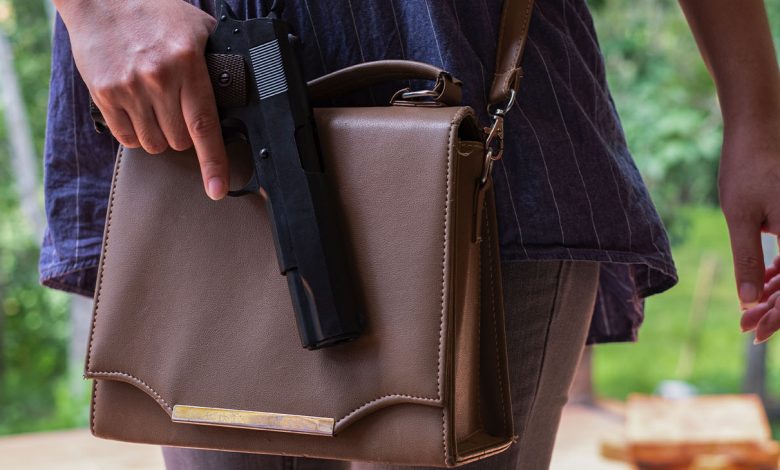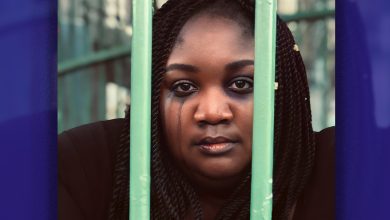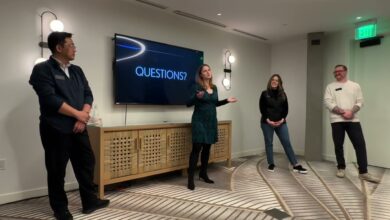California Concealed-Carry Law Blocked … for the Second Time

McKenzie Jackson
California Black Media
Some advocates say the state is not developing and maintaining community recreational facilities equally. They point out that green spaces in neighborhoods where Black Californians live remain underfunded even though the state has invested billions of dollars over the last decade-and-a-half to improve them.
“They need to have a system to get money to the Black communities,” said Danny J. Bakewell, Sr., a Los Angeles-based businessman, civil rights activist, and philanthropist.
“They will tell you they have a system to make sure it’s not unfair, but the way they do the funding is not fair,” continued Bakewell, the only Black member of the California State Park and Recreation Commission. “Black people are not getting that money.”
Bakewell expressed concerns the scoring system employed by the California Department of Parks and Recreation’s Statewide Park Development and Community Revitalization Program (SPP) to determine how funds are distributed does not benefit African American cities and neighborhoods.
Defending its operations and application process, the SPP says giving all Golden State residents access to open outdoor spaces is its main goal.
State Parks Deputy Director for Community Engagement Sedrick Mitchell said SPP has, “placed green spaces in places where they weren’t before.”
SPP’s grants initiative, according to Mitchell, is the largest parks-related program in California history. It has funded $1.16 billion in construction, expansion, or renovation of 299 parks since 2009.
Applications are evaluated in a competitive process. Project approval is determined by a scoring system that awards a maximum of 100 points.
SPP says, the main qualifying criterion for funding is the ratio of park acreage per 1,000 residents living near the park, the median household income of those residents, and the number of residents living below the poverty line.
“If you have zero acres, you are likely to get the most points,” Mitchell explained. “If you have two acres, you are going to get less. The law requires us to look at two things — acres per 1,000 and income,”
Bakewell, who has been a parks commissioner for two years, said Seaside, a small Monterey Bay city with a Black mayor and a significant Black population should have received SPP funds.
Seaside Recreation Services Director Dan Meewis said the city has decades-old parks with deteriorating sidewalks.
“It’s a centralized hub for kids from a variety of neighborhoods,” he explained. “The walking trails throughout the parks are horrendous, tripping hazards.
The city’s two applications for SPP funding, the latest in 2021, were denied.
Mitchell says, state legislation directed the Parks’ initiative to prioritize funding for the creation of new parks over rehabilitations.
Mitchell and his staff met with Bakewell, Meewis, and Seaside Mayor Ian Oglesby to review the city’s denied proposals. Meews said he wished Seaside would have received guidance on how to improve their bid before their second application was rejected.
Mitchell said an area’s racial or ethnic makeup plays no part in how SPP monies are dispersed.
Bakewell wants to do more but said the commission he serves on doesn’t have a say in which projects are funded.
“Black communities at a minimum need stellar parks and recreation,” said Bakewell.





